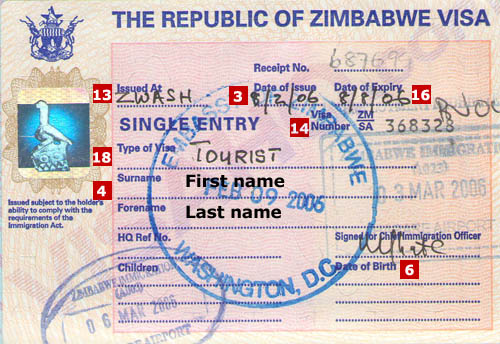Zimbabwe Embassy list in Germany
Need help?Chat with us
Importance of Trip Registration at the Zimbabwe Embassy
Registering your trip with the Zimbabwe embassy is crucial for ensuring safety, effective communication, and access to support during emergencies. In case of natural disasters such as earthquakes or floods, registration provides the embassy with your details, allowing them to reach out and assist you swiftly. Similarly, during instances of political unrest, having your information registered helps the embassy facilitate your safe evacuation or provide guidance on the situation. In medical emergencies, being registered can accelerate assistance, ensuring you receive the care needed and keeping your family informed about your status. Overall, trip registration serves as a lifeline, enhancing your safety and security while navigating an unfamiliar environment.
Zimbabwe Embassy FAQs
Can the Zimbabwe embassy assist in legal issues abroad? Yes, the Zimbabwe embassy can provide guidance and support in legal matters, including referrals to local attorneys and information on legal rights.
What should I do if I lose my Zimbabwe passport in Germany? If you lose your Zimbabwe passport in Germany, report the loss to local authorities and then contact the embassy to apply for a replacement. They will guide you through the process.
Can the embassy help with finding local services, such as medical facilities? Yes, the Zimbabwe embassy can provide information and referrals to local medical facilities and other essential services.
What are the embassy’s working hours? The working hours of the Zimbabwe embassy typically vary; it is advisable to check their official website or contact them directly for specific hours.
Services Provided by Zimbabwe Embassies in Germany
Passport Services
- Issuance of new Zimbabwean passports
- Renewal of existing passports
- Replacement of lost or stolen passports
Visa Issuance for Foreign Nationals
- Visa applications for foreign nationals wishing to travel to Zimbabwe
Assistance in Legal or Medical Emergencies
- Support for citizens facing legal challenges
- Referrals to local medical facilities and assistance in emergencies
Travel Alerts and Safety Updates
- Issuance of security updates and alerts regarding travel safety in Zimbabwe and other regions
Support for Nationals Detained Abroad
- Assistance in cases of detention, ensuring legal support and consular visits
Summarized Diplomatic Presence
Zimbabwe maintains a crucial diplomatic presence in Germany, with its embassy located in Berlin and a consulate in Frankfurt. These missions play essential roles in fostering bilateral relations, enhancing political, economic, and cultural ties between Zimbabwe and Germany. They serve as vital channels for communication, facilitating trade agreements, promoting Zimbabwean tourism, and providing support to Zimbabwean citizens abroad. By engaging in diplomatic dialogue and cooperation, these missions contribute significantly to international relations and the diaspora’s connection to their home country.
